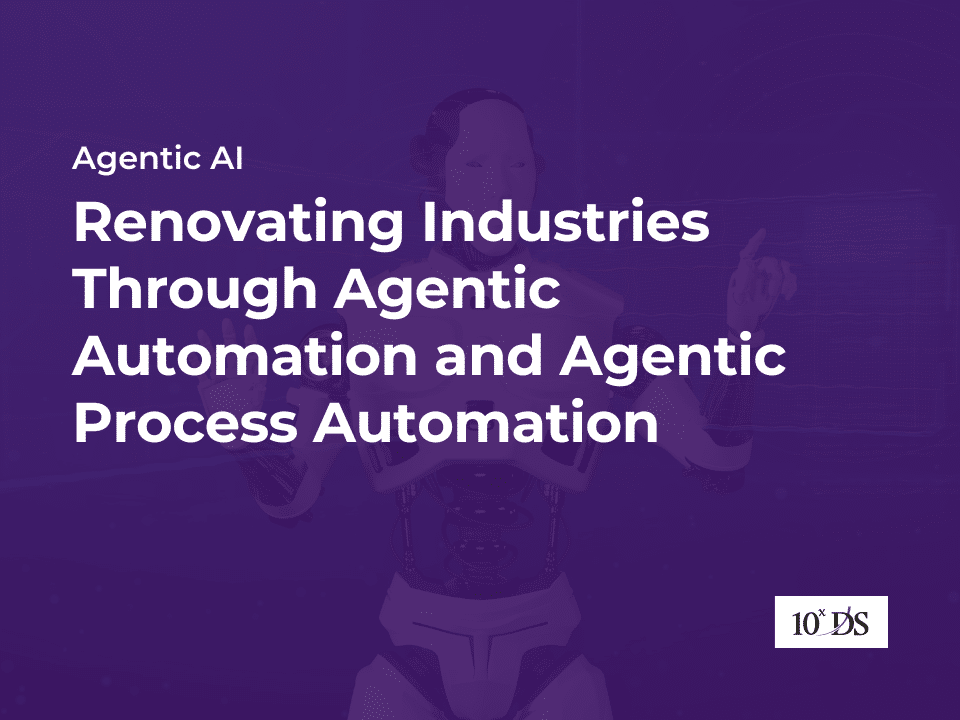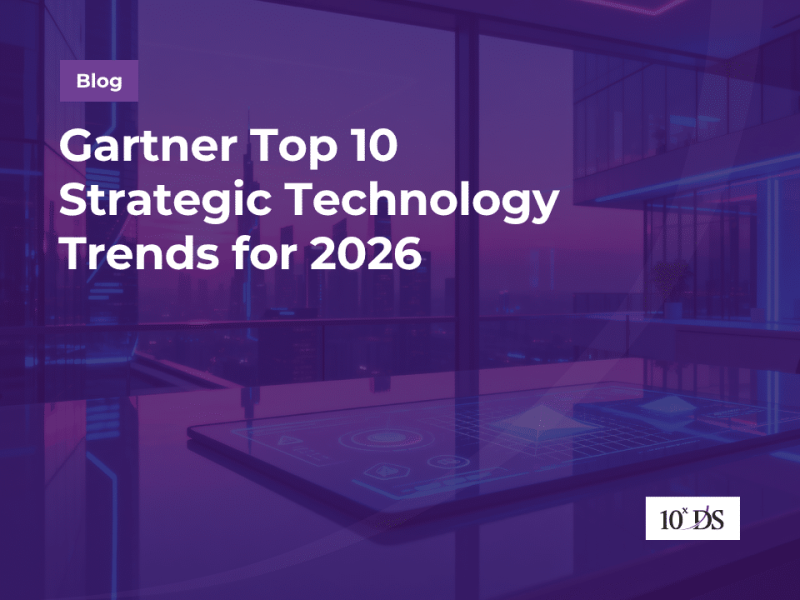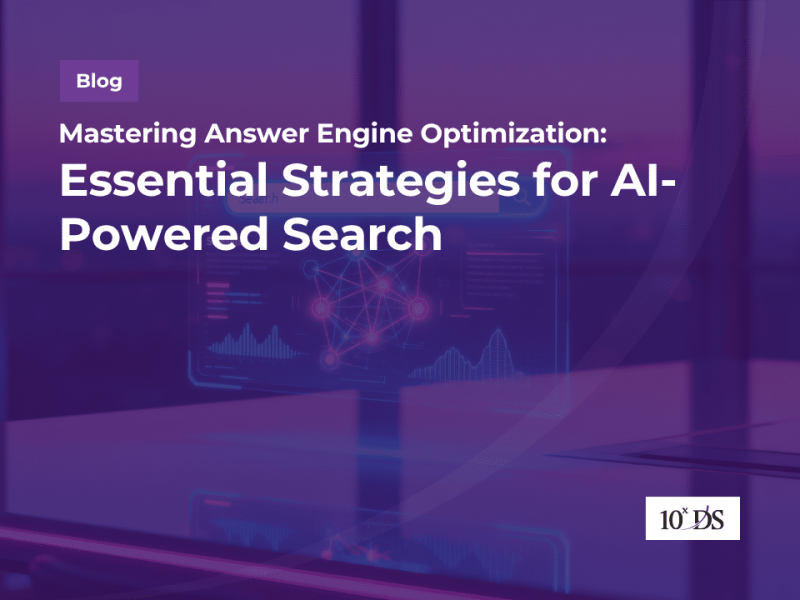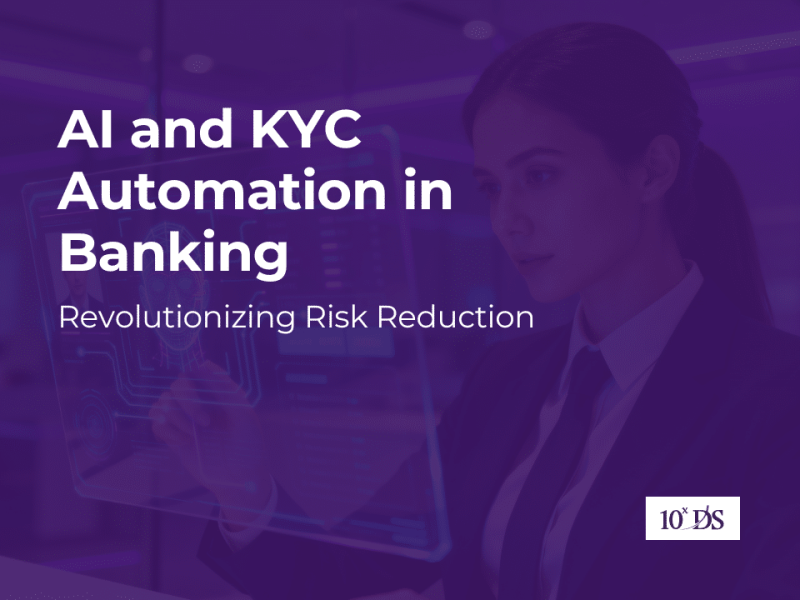
Agentic AI: Renovating Industries Through Agentic Automation and Agentic Process Automation
According to Gartner, Agentic AI refers to artificial intelligence systems capable of autonomous decision-making and action to achieve specific goals with minimal human intervention. These systems can analyze data, reason, plan, and adapt to changing environments, enabling them to handle complex, multi-step tasks independently. Gartner has identified Agentic AI as a top strategic technology trend for 2025. In their analysis, it also predicts that by 2028, at least 15% of day-to-day work decisions will be made autonomously through Agentic AI, up from 0% in 2024. This highlights the growing importance of Agentic AI, Agentic Automation, and Agentic Process Automation in transforming business operations and decision-making processes.
The evolution of Agentic AI is marked by several key developments:
- Integration of Advanced AI Techniques: Combining large language models (LLMs), machine learning algorithms, deep learning, and reinforcement learning has enhanced the cognitive capabilities of AI systems, allowing them to understand natural language, analyze data, and learn from interactions.
- Autonomous Task Execution: Agentic AI systems can independently perform tasks such as supply chain optimization, cybersecurity analysis, and personalized financial advising, reducing the need for human oversight.
- Industry Adoption: Major technology companies, including OpenAI, Google, and Microsoft, are investing in Agentic AI to develop autonomous agents capable of complex decision-making and task execution, aiming to enhance productivity and operational efficiency across various sectors.
- Ethical and Governance Considerations: The rise of Agentic AI has prompted discussions about ethical implications, safety, and governance. Researchers and policymakers are exploring frameworks to ensure responsible development and deployment of these autonomous systems.
Agentic Automation is already being integrated into industries to handle complex, high-volume, and routine tasks, allowing human teams to focus on strategic and creative elements while achieving higher efficiency, accuracy, and adaptability. Here is a list of Agentic Automation use cases already transforming processes.
1. Customer Support:
Agentic AI-driven chatbots and virtual assistants are transforming customer support by handling common queries, resolving issues, and assisting with transactions in real time. These AI agents can autonomously interact with customers, learn from previous interactions to improve responses, and escalate issues to human agents when necessary. Companies are using these AI systems to reduce wait times, improve customer satisfaction, and decrease reliance on human customer support teams, especially for repetitive tasks.
2. Software Development:
In software development, Agentic AI tools assist developers by writing code snippets, debugging, and testing. Advanced AI models like GitHub Copilot and other AI pair-programming tools suggest code completions, flag potential errors, and even autonomously generate code for standard functions. By automating parts of the coding process, these tools help developers save time on routine tasks, enhance productivity, and reduce the risk of human error in software development projects.
3. Human Resources:
Agentic AI systems in HR streamline hiring and onboarding processes. AI-powered recruitment tools can autonomously sift through resumes, identify top candidates based on job requirements, and schedule interviews without requiring human intervention. Once a candidate is selected, these systems can manage onboarding, such as by setting up accounts, explaining company policies, and even answering new employees’ questions. This allows HR teams to focus on more strategic and personalized tasks, while the AI handles repetitive, process-driven tasks through Agentic Process Automation.
4. Financial Services:
In the financial sector, Agentic AI is used to automate fraud detection, risk management, and portfolio optimization. For example, AI agents can autonomously monitor transactions in real time, detect unusual patterns that may indicate fraud, and flag them for further investigation. They also assist in credit risk analysis by evaluating potential borrowers’ financial data and predicting risk levels, helping banks make data-driven lending decisions. These systems can autonomously adjust investment portfolios, analyzing trends and rebalancing based on market conditions, ultimately improving financial outcomes with reduced human input.
5. Supply Chain Management:
Supply chains are inherently complex and involve constant adjustments due to demand fluctuations, logistics, and unforeseen events. Agentic AI systems in supply chain management can forecast demand, manage inventory levels, optimize warehouse operations, and track shipments in real time. For example, AI can predict when a specific product will need restocking and automatically reorder supplies, reducing stockouts and excess inventory. Additionally, by optimizing logistics and route planning, these agents help cut down on transportation costs and delivery times, making supply chains more resilient and efficient with Agentic Process Automation.
6. Content Creation:
In creative industries, Agentic AI assists in generating written content, designing graphics, and producing multimedia content. Tools powered by AI can autonomously draft blog posts, generate ad copy, create visuals, and even produce video content. Marketing teams, for example, use AI to generate multiple variations of an ad to test for effectiveness, saving time and enhancing creativity by automating repetitive aspects of content creation. This also allows for a more data-driven approach to content, as the AI can learn from engagement data to refine future outputs, showcasing the power of Agentic Automation.
Agentic AI is set to transform industries by enabling advanced automation across finance, healthcare, logistics, and more, driving efficiency and lowering operational costs. As AI agents evolve, they will enhance personal assistance capabilities, autonomously managing tasks such as scheduling, research, and complex workflows with minimal human input. This progression will also enable smoother human-AI collaboration, empowering people to tackle more intricate problems with AI support. However, as Agentic AI becomes more integrated, establishing robust ethical guidelines and governance frameworks will be essential to ensure responsible usage and address societal impacts. Economically, this shift will reshape job roles and necessitate workforce adaptation, creating new opportunities in AI management and oversight, underscoring Agentic AI’s role in reshaping the future of work and technology through Agentic Automation and Agentic Process Automation.
Talk to our experts to learn more!


